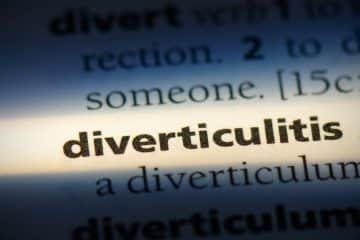Can You Live Without a Brain? – Overview
The human brain is the command center for the human nervous system. It receives signals from the body’s sensory organs and outputs information to the muscles.
The brain consists of the cerebrum, the brainstem and the cerebellum. It controls most of the activities of the body, processing, integrating, and coordinating the information it receives from the sense organs and making decisions as to the instructions sent to the rest of the body. The brain is contained in, and protected by, the skull bones of the head.
No doubt, the brain is an essential organ for survival. This article will answer the question of whether it is possible to live without a brain. Other vital organs such as the heart can still be alive while the person is brain dead
Functions of the brain
The brain plays important role in reasoning, motor control, emotion and language.
Motor control – The frontal lobe of the brain contains the motor cortex, which is involved in planning and coordinating movement. The motor system of the brain is responsible for the generation and control of movement. Generated movements pass from the brain through nerves to motor neurons in the body, which control the action of muscles.
Sensory – The sensory nervous system is involved with the reception and processing of sensory information. The brain also receives and interprets information from the special senses of vision, smell, hearing, and taste.
Regulation – The brain also helps to regulate body functions and ensures the body is in a state of constant physical and chemical conditions. Such regulations include heart rate, breathing rate and blood pressure.
Language – The wider network of the brain cortex contributes to language functions.
Emotion – The brain is involved in emotional functions. Emotions are generally defined as two-step multicomponent processes involving elicitation, followed by psychological feelings, appraisal, expression, autonomic responses, and action tendencies
Cognition – The brain is responsible for the mental action or process of acquiring knowledge and understanding through thought, experience, and the senses.
Without a Brain

can you live without a brain
Some neurological disorders such as epilepsy which causes seizures, loss of awareness and other serious symptoms may require the part of the brain to be removed. Hemispherectomy involves removal or disconnection of most, or all of, one half of the brain typically leaving the basal ganglia and thalamus.
If the surgery is performed on very young patients (2–5 years old), then the remaining hemisphere may acquire some motor control of the other side of the body; in older patients, paralysis results on the side of the body opposite to the part of the brain that was removed with less prospect for recovery.
A visual field defect is an unavoidable side effect, typically involving homonymous hemianopia involving loss of half of the visual field on the same side of the disconnected brain. Because of these and other side-effects, it is usually reserved for patients having exhausted other treatment options.
Brain Death
Brain death refers to the complete loss of brain function. This state is often used as an indicator of medical and legal death.
A brain-dead person can be kept under life support to aid breathing and oxygenate the blood. This person is medically referred to as a “beating heart cadaver” and they are kept under life support until vital organs like hearty, kidneys, etc can be recovered and transplanted into another patient.
Also, pregnancy can be prolonged after brain death. It is then possible to deliver the baby using a caesarian section. Cadavers have been reported to support a fetus for 107 days.
After delivering the baby, some cadavers have subsequently become organ donors. Since 1981 there have been 22 recorded instances of keeping a mother declared brain dead in a beating heart cadaver state until the baby is delivered
Conclusion
While the diagnosis of brain death has become accepted as a basis for the certification of death for legal purposes, it is a very different state from biological death – the state universally recognized and understood as death.
As a result, without a brain, the human body can still be alive under life support, but the personality is essentially dead.


